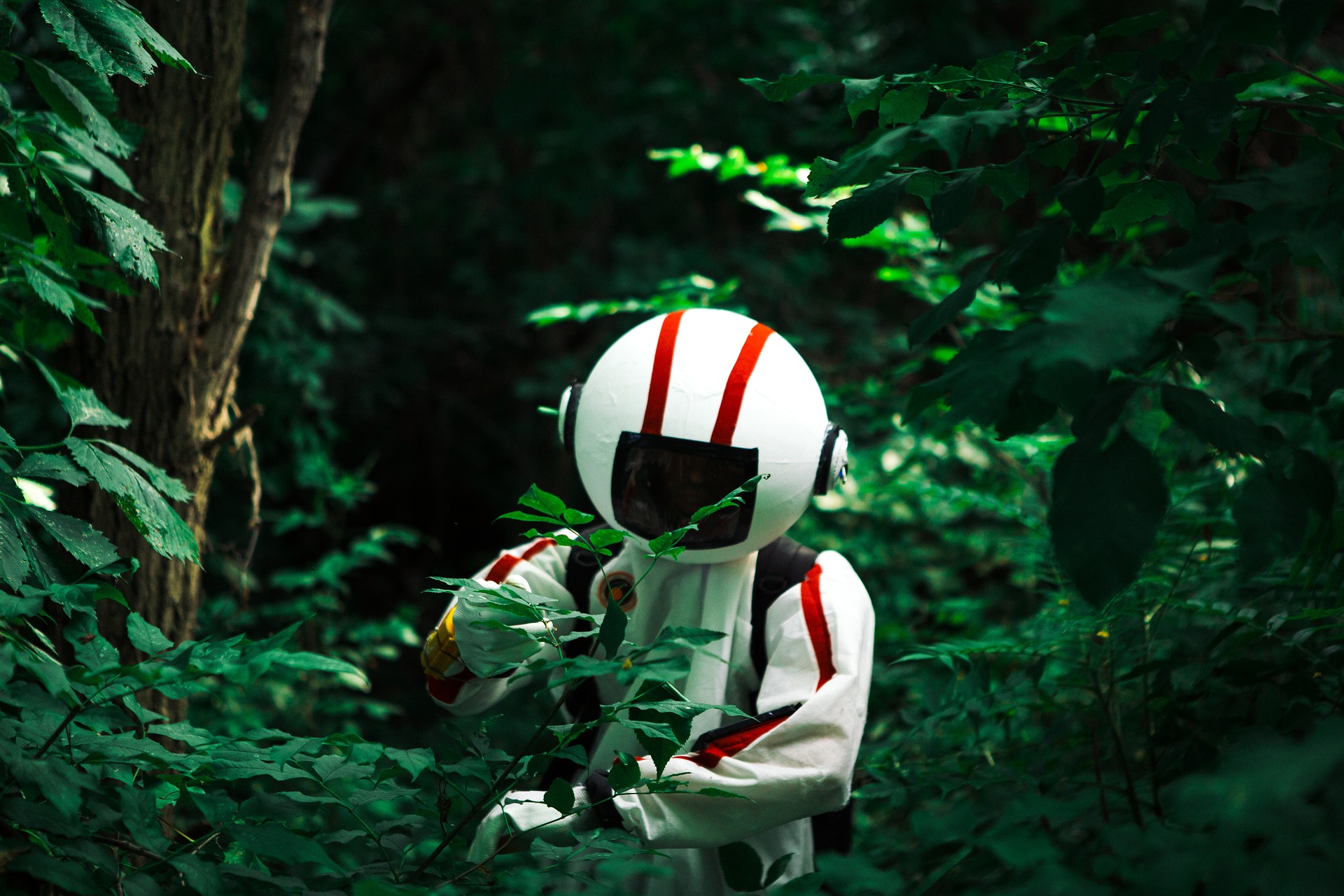Sustainability is snacking job descriptions.
Moving from conservation to regulation and investment, green jobs are now expanding throughout the economy. I wonder how this trend will affect the types and numbers of jobs.
Imagine Bill Gates and Vinod Khosla debating this in a bar.
Bill: “Innovation is hard to schedule but with lots of inventors some will succeed.“
Vinod: “We firmly believe it will take only 12-15 entrepreneurs to reverse our current course regarding climate“.
At this point António jumps into the conversation “Guys, the green economy will create 24 million new jobs by 2030“.
If the massive efforts towards a low-carbon economy produces 12 breakthrough innovations that each helps create 2 million jobs within the next ten years – they were all right.
Many shades of green jobs
Today, the push to replace a white with a green collar is real and that is great. Yet, the titles on green job boards sound quite familiar: data scientist, designer, product owner, project or sales manager. Of course they are within climate-related organizations, but maybe it’s an illusion that we can continue our careers as business managers or software engineers and reverse climate change. Maybe effectively taking care of patient earth requires much more radical career shifts. A workforce of oceanographers, soil scientists, meteorologists, geologists, hydrologists, farmers, foresters, recyclers and renewable energy engineers, paired with a whole new generation of professions such as air-miners and bio-hackers.
What if we had to reinvent work by tomorrow
A thought experiment could reveal what the jobs of the future are: what if heavy-emitting activities were banned by the end of the year – how will necessity and urgency as the parents of invention affect our work? What are the changes that need to happen in your workplace and industry by tomorrow? When we have some answers we can start to imagine what kind of jobs there could be. As if this wasn’t already difficult enough, we are also in the middle of defining a new normal, discussing the impact of automation and alternative compensation forms like an universal basic income. How will this all come together?
Every job can already support the environment
I believe that everyone can already make a difference in their existing job: switch a supplier, reduce waste or start a task force. Changemakers are everywhere. Obviously the individual impact can differ, but overall contributing to saving the planet is not a privilege or duty assigned to a few positions. Ideally, in the future each job would have a neutral or negative footprint and each human and machine would become a climate-positive force.
Until then, reversing climate change will be a tough achievement. Whether it will be robots or humans, 12 or 100 breakthroughs and 24 or 100 million new jobs, in the next ten years, many minds and hands will work hard, form collaborative clouds and eventually a few sweat drops will reach the earth. These indispensable breakthrough drops will give life to new markets and activities.
About The Author

Samuel Bühlmann, Founder of Project Øasis. The initial idea of the project was to restore land and turn it into carbon capturing landmass. The research and discussions with farmers and sustainability professionals emerged into a substack about low- and high-tech climate solutions.
Previously, Sam ran a startup for meat from organic family farms, worked for an agricultural publisher and did business development in a software startup. He offers marketing and branding support through his innovation agency.
Sam holds a BSc in International Management and a MSc in Business Information Systems from the University of Applied Sciences Northwestern Switzerland FHNW.

